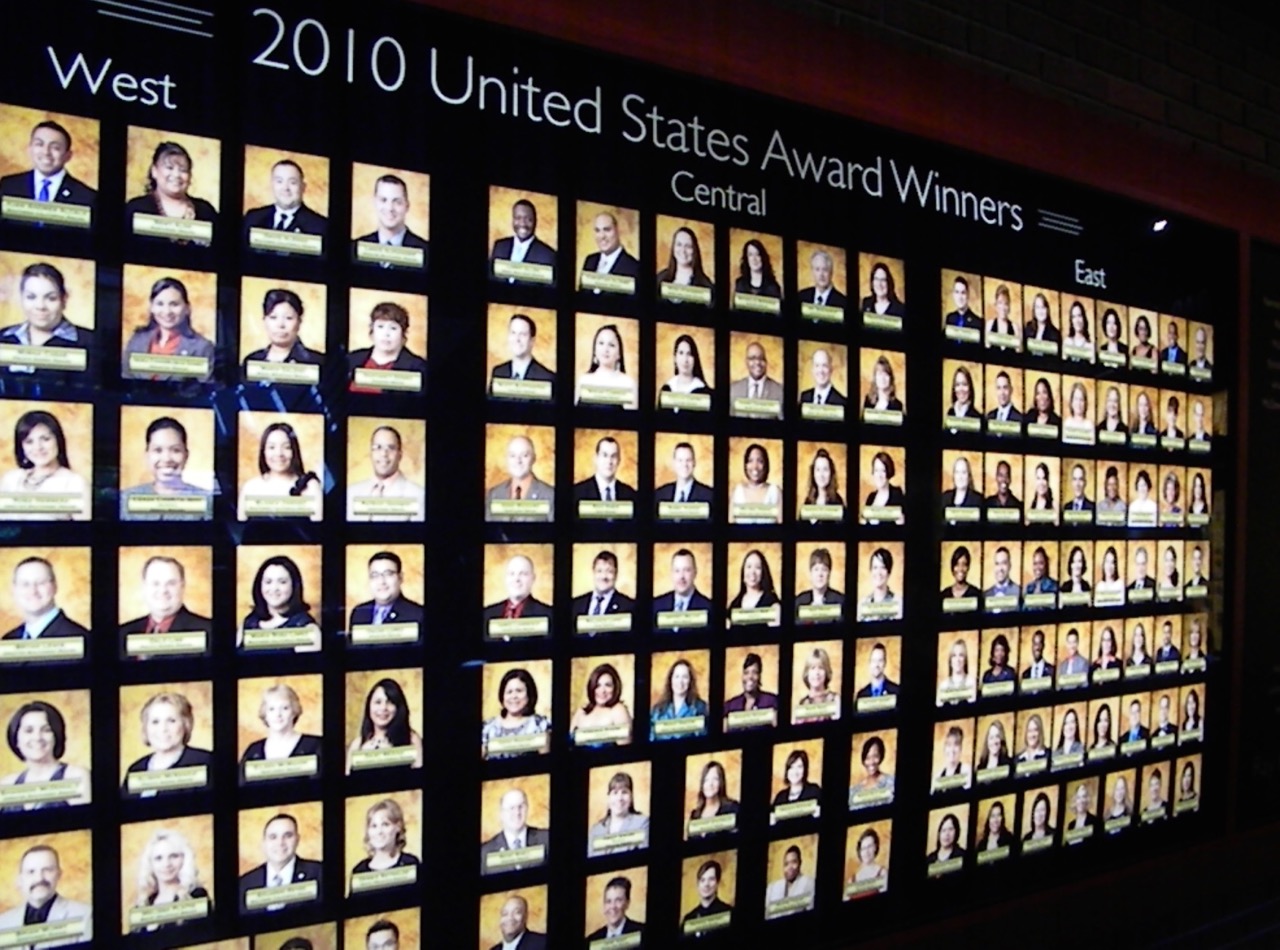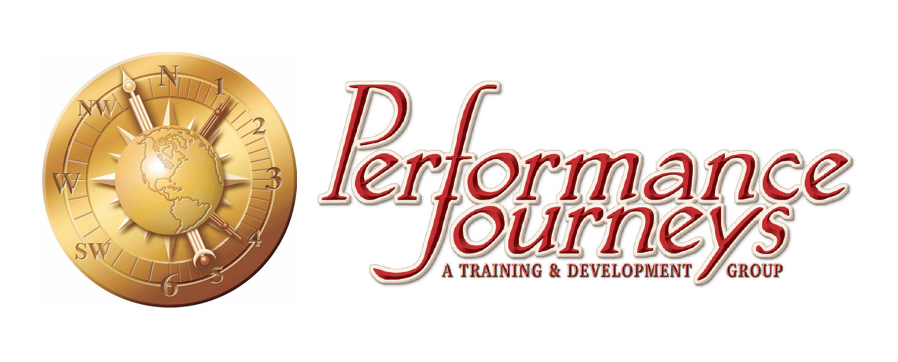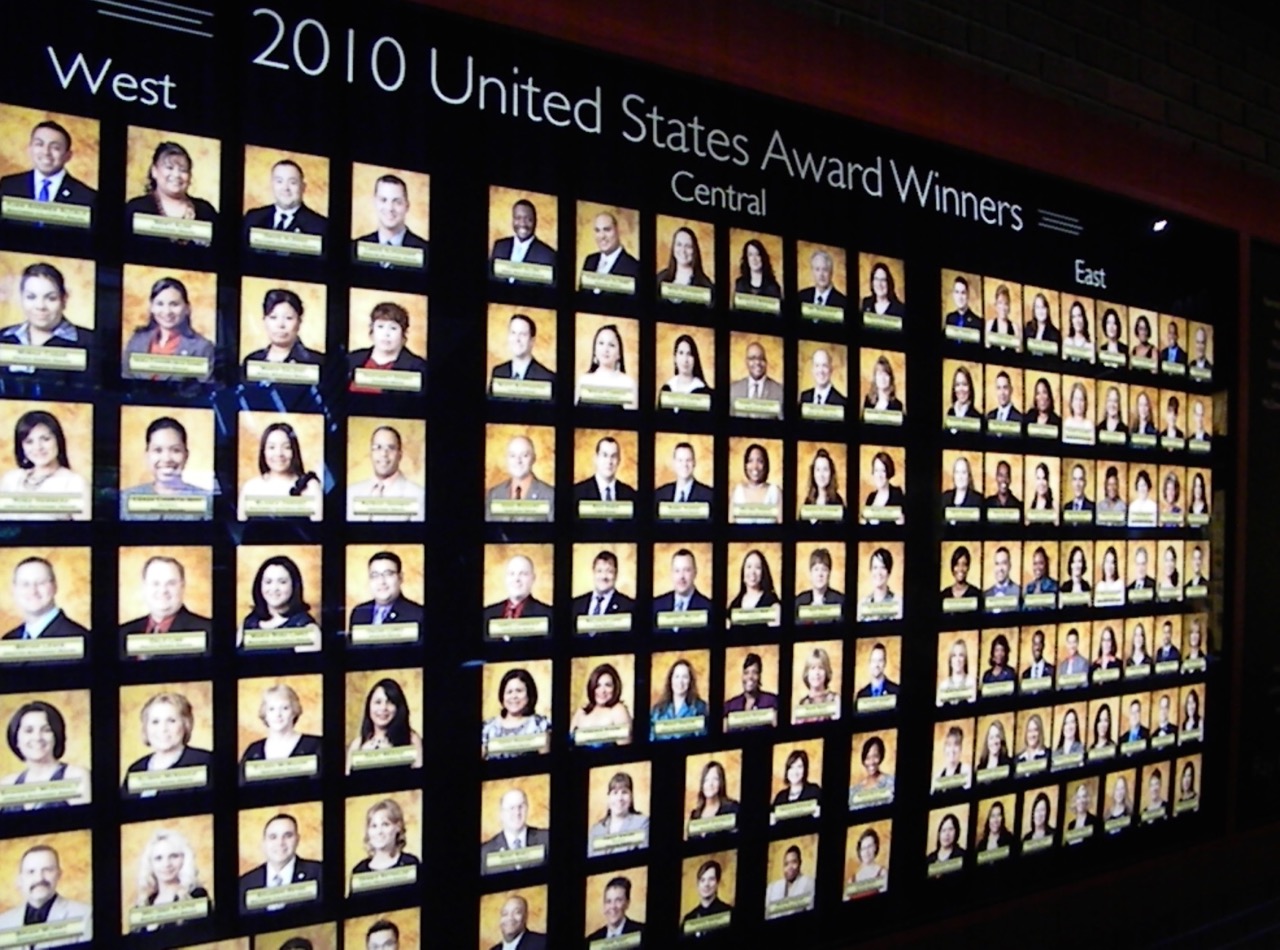
Accountability never succeeds without making work consequential. And part of making performance matter is in providing for reward, award, and recognition. For our purposes, we define these terms as follows:
Reward: The benefits obtained as a result of an action taken or a job well performed. Such rewards can be both extrinsic (such as a monetary award or a certificate) and intrinsic (the satisfaction that comes from doing a job well).
Award: A physical token bestowed on another such as a prize that is given in response of somebody’s merit or achievement. Typically these are extrinsic in nature.
Recognition: Acknowledgement or gratitude. A special notice or attention given to others.
Organizations typically provide some award system that allows formal acknowledgement for outstanding service. But formal awards are only a part of the picture. Great leaders should create a culture of reward and recognition that is both formal and informal, and that builds on both financial and on-financial awards. Typically recognition comes from managers. But a culture of recognition should involve everyone making an effort to recognize the work of others.
All of this ties to creating greater engagement in an organization. For instance, as part of Gallup’s Q-12, you will find the following: “In the last seven days, have you received recognition or praise for doing good work?” Such a question recognizes opportunities for both formal and informal recognition. Leaders play a role in making certain that such opportunities are provided.
Yes…leaders play an important role. But here’s the twist: Leaders are anyone who have influence in the organization. It’s not just managers. Anyone in the organization can recognize the work of others. Too often we tie this responsibility to those who are managers. Definitely they should play a role. But they shouldn’t be the only ones.
Consider the following:
- Do we typically see recognition largely in the context of a financial award?
- Do we offer a balance of formal and informal awards?
- How do we currently reward extrinsically? How have we experienced feeling rewarded intrinsically?
- Are we all recognizing the work of others, or are we waiting on just managers?
- In the last seven days, can you identify an experience in which you have received recognition in some form? In the last seven days, can you identify an experience in which you have provided recognition to someone in one form or another?
- How can you as a leader create a greater culture of recognition?


Comments are closed.